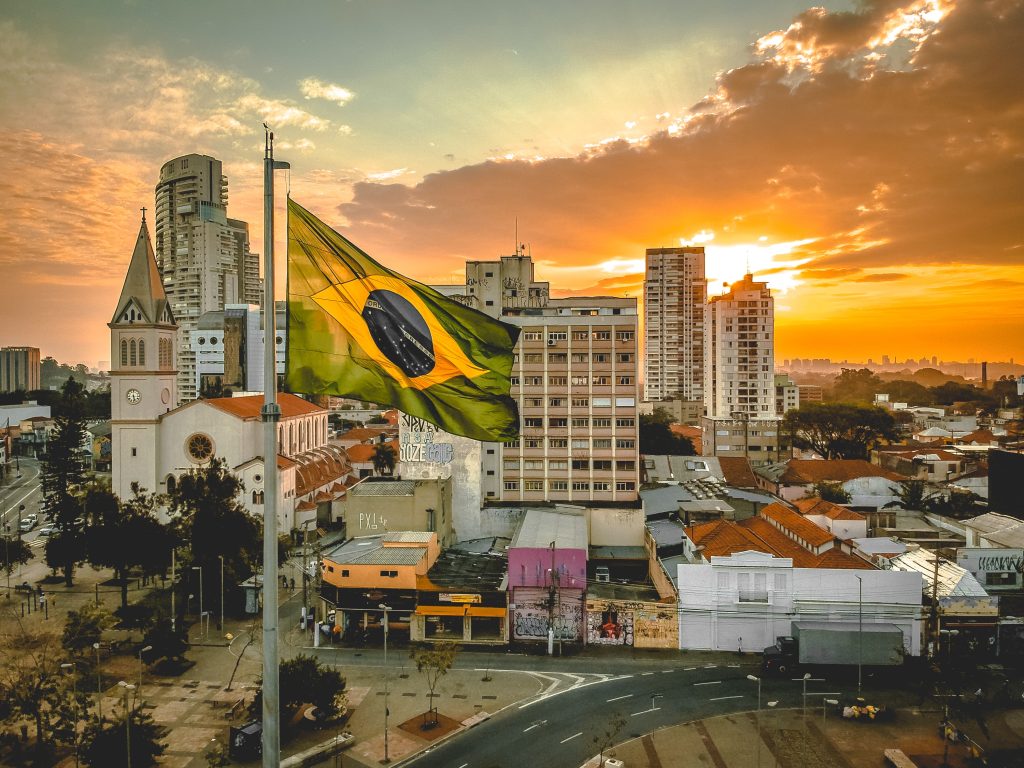
Marina
When asked about where I am from, I wrongly identify as purely Brazilian. To be Brazilian already makes me a diversity of cultures put into one.
Diversity is an inherited characteristic when speaking about the Brazilian population today. Brazil contains an extensive territory and thus has a multitude of cultural differences between each region. These differences stem from the historical colonisation of Brazil, of which European, indigenous population and African slaves were a part of. Later on this included, migrants from Japan, Italy & other parts of the world which contributed to today’s population. Therefore, diversity, in my personal opinion, is part of our DNA.
Vitória
Understanding diversity is accepting that each individual is unique, respecting individuality and taking into consideration “ways of being” that are not our own.
I’m from a small state in Brazil, called Espírito Santo, where everyone knows everyone and where people are quite similar (compared to London). So, coming to the UK and facing so many different cultures has opened my mind to how diverse a society, or even a person can be. For example, I was born in Brazil, but my ancestors were from Italy and Portugal (that I know of), which makes me quite diverse myself. So, in my understanding, diversity is in our blood!
Rayane
As a Brazilian, diversity is something so omnipresent in our lives that it takes extra effort to try to define it and its importance.
Brazil and diversity are intertwined, you can’t define the country with just a few characteristics, you can’t just assume by the colour of their skin, their physical traits if they are Brazilian or not. The same way you can’t define diversity in just one way.
In my group of close friends for instance there is a girl with green eyes and blond hair and so pale that she is constantly mistaken for being from the USA, and another one that has small elongated eyes, long straight black hair and fair skin who is constantly mistaken for being Japanese (which she is half due to her ethnic background). When abroad if they say they are Brazilian they get often questioned “Are you sure? You don’t look Brazilian.”
Due to the clash of culture and mixing that has happened in our country we have lost many traditions, and the Brazilian indigenous features got diluted and their traits are no longer the image of our people’s country.
And even though this mix was mostly forced upon the native Brazilians, today we can no longer restrain Brazilian people to just one feature, one ethical background or one culture.
We managed to adapt those new cultures, characteristics, religions, languages, traditions and mix with our own, thus making being diverse a part of being Brazilian.
Luiz
Diversity can be understood and defined in various ways. I understand it as the inclusion of people representing factors like origin, race, sexual orientation and others. It can also represent the uniqueness of people. I am from São Paulo, the biggest city in Brazil where significant diversity can be noticed. There are people from numerous diverse ethnic groups due to its long history of immigration throughout the years. I have ancestors from various backgrounds such as Italian, Spanish, Portuguese and Indigenous people. Having lived in Brazil, Colombia and Italy, I have noticed in the latter two countries how diverse they are from Brazil. I have experienced the most diversity in Milan, where, compared to São Paulo, there is very little poverty and most people have a good, stable financial situation, which was usually built for years dating back to other family generations. In Brazil, most of my ancestors come from a poor background from the Northeast of Brazil while some others were immigrants. Given these, I believe diversity is really present in our lives, and that our backgrounds shape ourselves nowadays.
Arissa
Diversity can be answered in so many different ways, it is very “diverse”. But what I can do is explain it through my personal experience, which is with the understanding of equality too. I was born and raised in São Paulo, Brazil with a Japanese cultural background, both of my grandparents were born in Japan and migrated to Brazil. Brazil is such a diverse country with so many people from different backgrounds, from Europeans to Indigenous to Asians, and I find it so beautiful to think about how a country can be so mixed and unique.
So for me diversity is a beautiful concept of different nationalities who are joined together in one place.
